 |
 |
 |
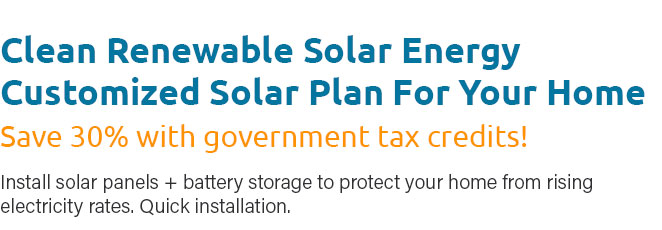 |
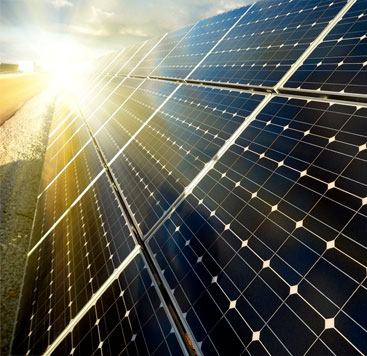 |
 |
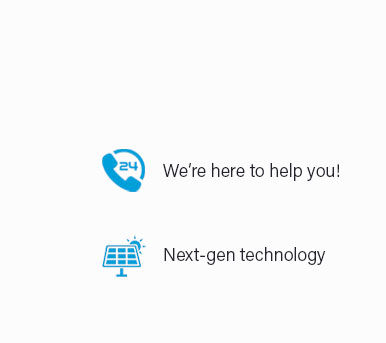 |
 |
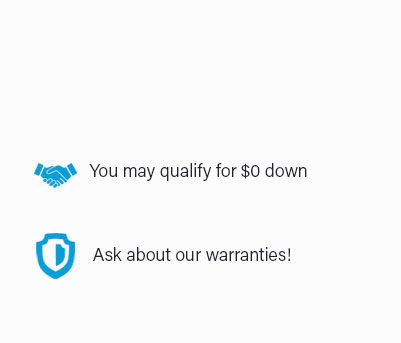 |
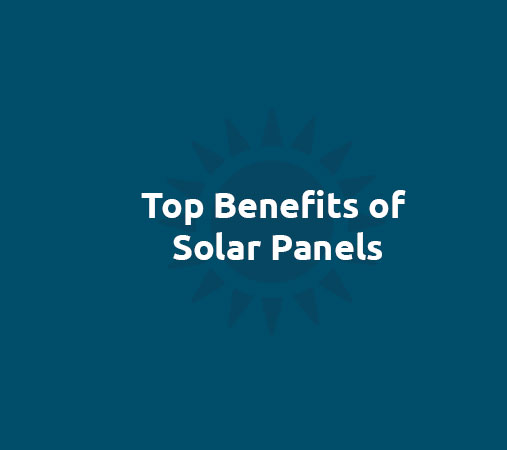 |
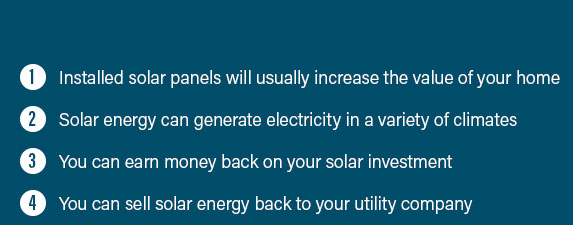 |
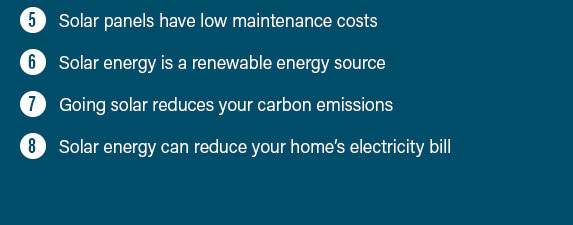 |
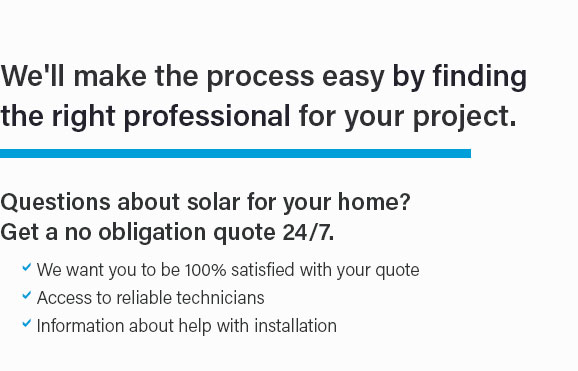 |
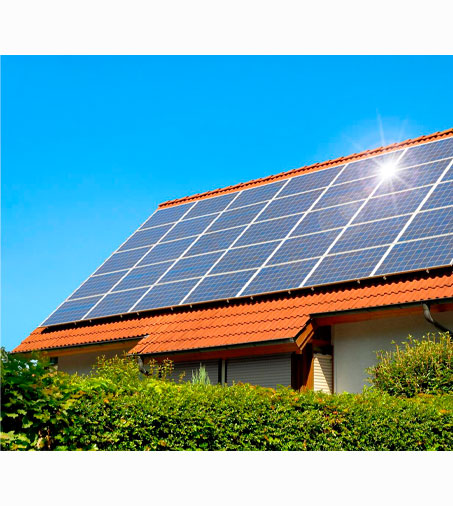 |
|
 |
 |
 |
Understanding the Cost for Installing Solar Panels at HomeAs homeowners increasingly seek sustainable energy solutions, solar panels have become a popular choice. However, understanding the costs involved is crucial to making an informed decision. Initial Costs of Solar Panel InstallationThe upfront cost of solar panels is one of the most significant considerations. This expense typically covers the panels themselves, installation labor, and additional equipment. Factors Influencing Cost
For those interested in getting precise estimates, consulting with recommended solar installers can provide tailored insights. Long-term Financial BenefitsWhile the initial costs might seem high, the long-term savings and benefits can offset these expenses. Reduction in Energy BillsOne of the primary advantages of solar panels is the significant reduction in electricity bills, especially in sunny regions. Incentives and Tax CreditsMany governments offer tax credits and incentives to encourage solar panel installations, further reducing the effective cost. Maintenance and Additional CostsSolar panels require minimal maintenance, but it's essential to consider potential additional expenses.
Exploring solar panel systems near me can provide insights into local service providers and maintenance options. FAQ SectionHow much do solar panels typically cost?The cost varies based on system size and type but generally ranges from $15,000 to $25,000 for an average home. Are there financing options available for solar panel installation?Yes, many installers offer financing plans, and there are also solar loans available through banks and credit unions. How long does it take to recoup the investment?On average, homeowners can expect to recoup their investment within 7 to 10 years through savings on energy bills. Do solar panels work during cloudy days?Yes, solar panels can still generate electricity on cloudy days, although their efficiency is reduced compared to sunny days. https://www.quora.com/Can-you-provide-a-step-by-step-guide-for-installing-solar-panels-for-home-use-and-an-estimate-of-the-average-cost
The cost to install solar panels on a home ranges from $15,000 to $25,000 for a typical 6-8 kW system in the U.S. After the 30% federal tax ... https://www.solarreviews.com/solar-panel-cost
Average home solar panel installation costs: $21,816 - Average solar panel cost per watt: $3.03 - Average cost of solar panels per square foot of living space: ... https://www.solarpowerauthority.com/how-much-does-it-cost-to-install-solar-on-an-average-us-house/
In 2019, a typical residential solar system may set you back between $11,200 to $14,400 to install after tax credits and rebates. Solar energy is a long-term ...
|